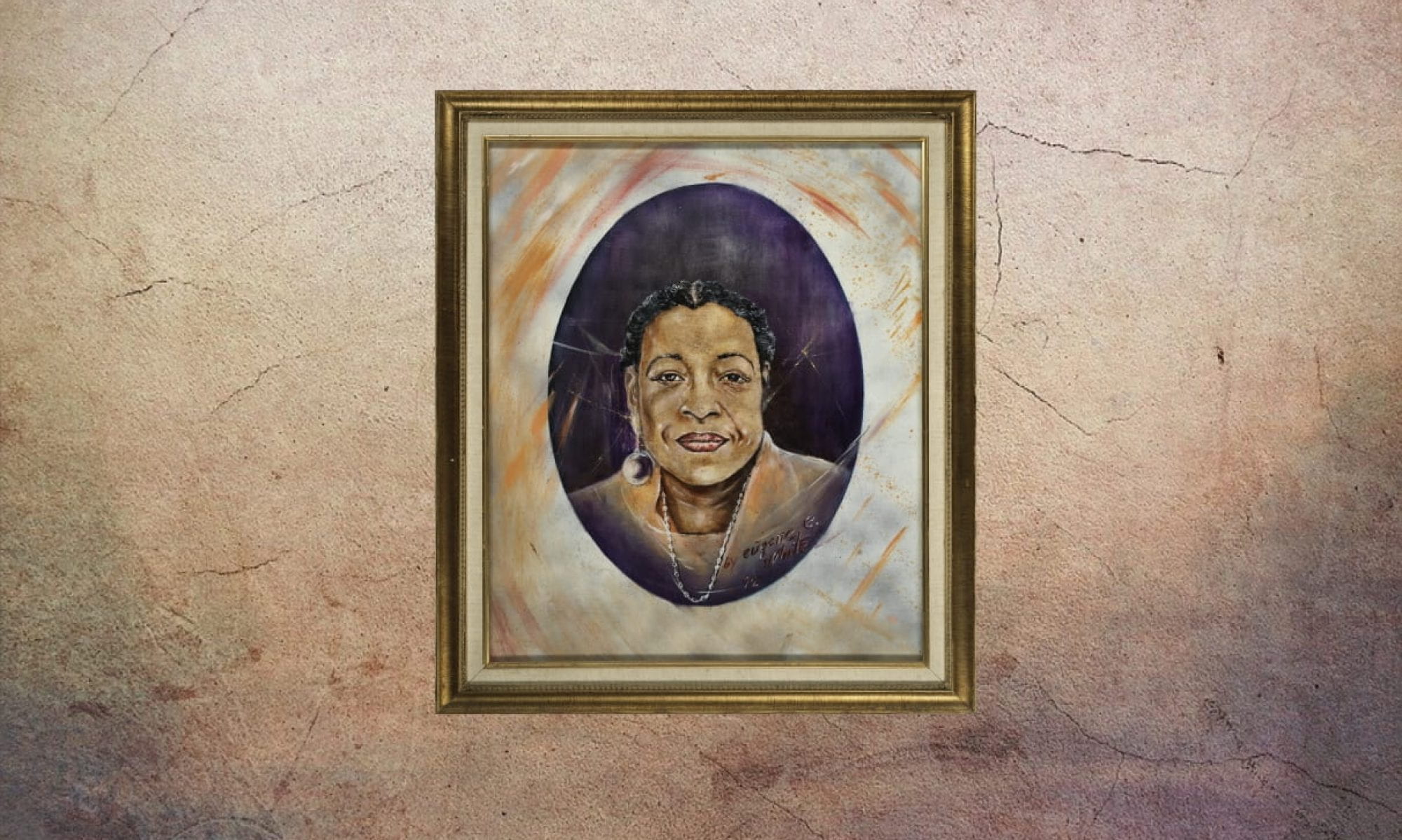
Many people of the Western Addition are indebted to the kindness and grace of Leonard ‘Lefty’ Gordon. Gordon was a friend, coach, mentor, and leader in his community. Until his untimely passing in 2000 at the age of 61, Gordon mentored hundreds of kids as the executive director of the Ella Hill Hutch Community Center.
The Mississippi native moved to San Francisco when he was three years old. Lefty grew up to be a prominent high school track athlete and a star baseball player. His friends called him ‘Lefty’ from the start (he was, after all, a left-handed pitcher in baseball). Although he had incredible athletic talent, Lefty was never interested in pursuing professional sports. His childhood friend, Errol Hall, said that despite Gordon’s athletic talent, “It just wasn’t in him, it wasn’t a dream of his to be a professional athlete.” Lefty enrolled at City College of San Francisco, eventually transferring to San Francisco State, majoring in education. Gordon’s career choice would be a decision that would benefit the people of the Western Addition and speaks to his commitment to helping others.
After attending San Francisco State University, Lefty attended and received a master’s degree in Sociology from the University of California at Berkeley. Gordon worked as a social worker at the Booker T. Washington Community Center for twenty years. He ingrained the value of education and hard work into everyone he taught. His willingness to go the extra mile led to him being hired as Executive Director of the Ella Hutch Community Center in 1983.
Gregory Lewis and Venise Wagner point out that “within a few years he had turned it into a significant political force in the African American community and at City Hall.” As director, Gordon worked to make the community center a haven for the young people of the Western Addition. In an interview with Amelia Ashley–Ward, publisher of The Sun–Reporter, Gordon discussed that one of his life goals was “to save young black men and bring them into manhood.” As director, he ran and financed programs such as the Midnight Basketball League with games running from 10pm–2am. Alongside Wendy Nelder, he commissioned the murals of prominent African American figures who contributed to San Francisco public life. The murals are still displayed on the walls of the Ella Hutch Community Center.
Mayor Willie L. Brown said that Lefty Gordon was ‘one of the most respected African American voices of our great city.’
Gordon went above and beyond to help the people of the Western Addition. One story, chronicled by 48 Hills journalist G.W. Schulz, detailed Lefty’s reading program for young athletes. Lefty discovered a high school football star was going to be named San Francisco’s player of the year in the newspaper. There was only one problem, the athlete couldn’t read. Gordon, in response, started a reading program aimed at young athletes.
Mr. Gordon, expanding on the success of his reading program, started expanding the scope of the Ella Hill Hutch Community Center. Always focused on the importance of education, he started after-school tutoring sessions to help Western Addition students succeed. Gordon also established job training programs for adults in the community.
Gordon understood the importance of constant, civic engagement. He ran community events, dubbed “kitchen cabinet meetings.” The gatherings connected members of the SFPD with youth in the neighborhood. The goal of these meetings, according to G.W. Schulz was to create “a repository of complaints about what was happening in the neighborhood.” The increased dialogue helped foster a holistic understanding of the issues, tribulations, and successes of the Western Addition and was a testament to Lefty’s dedication to solving and responding to problems in the neighborhood.
Gordon gave everything to the Center. In an interview done by G.W. Schulz, Greg Gordon, Lefty’s son, observed that “he allowed his own health to deteriorate.” He always devoted his time to helping his community. A psychologist and co-worker, Julia Hare, remembered asking Gordon why he never considered leaving the Western Addition in favor of taking a higher paying job in the private sector. Mr. Gordon laughed and said, “I don’t want to work on a high-tech plantation.” The neighborhood meant everything to him and he dutifully served the Western Addition until his death on May 3, 2000. Due to the work of this well-respected social worker and political activist, many lives of young people and seniors continue to be lifted and supported through the Ella Hill Hutch Community Center today.
— Alvin Tran, Matthew Chiodo, and Meisy Tunay
Works Cited
Curiel, Jonathan, and Yumi Wilson. “Activist, Mentor to Black Teens Mourned in S.F. / ‘Lefty’ Gordon Credited with Helping Thousands.” SFGate. 3 May 2000.
Lewis, Gregory, and Venise Wagner. “Leonard ‘Lefty’ Gordon, Mentor, Leader in S.F. Black Community.” SFGate. 3 May 2000.
Rubinstein, Steve. “Hundreds Mourn for Youth Mentor.” Schulz, G.W. “A Heart Once Nourished.” sfbgarchive.48hills.org. 17 Jun 2008.
Pelosi, Nancy. US Congress. Congress.gov. 106th Congress, 2nd Session, Bill 59. 15 May 2000.
